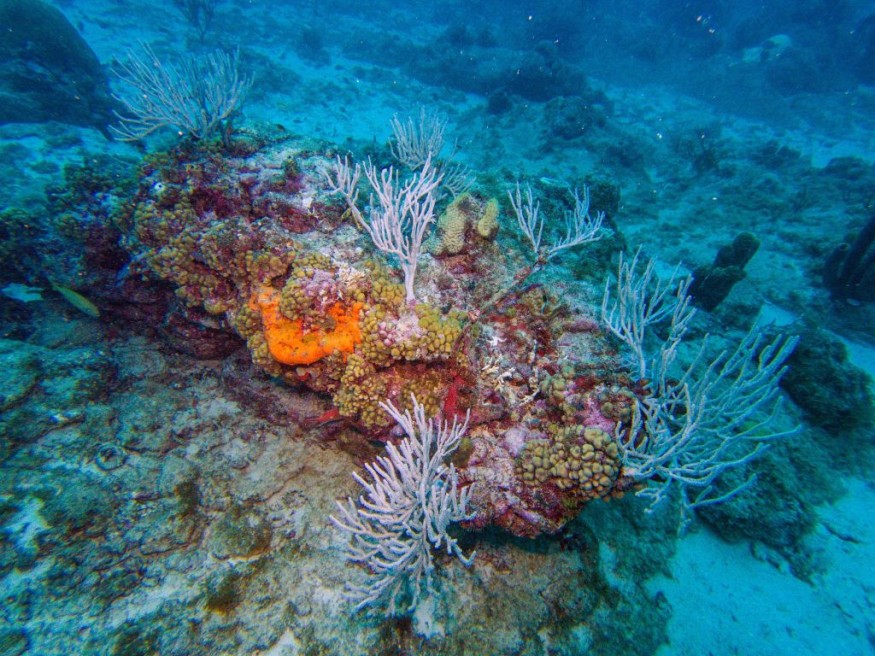The latest report monitored how coral reefs managed to adapt to challenging conditions, from rapid rise of temperatures to climate change. The adaptability will help save corals from widespread decline and loss.
Coral reefs are essential in ocean and marine ecosystems. According to NOAA's report, corals can mitigate storms and erosion as rainforests of the sea.
Healthy corals will benefit marine animals and people's food and livelihood. Despite their environmental and ecological importance, coral reefs are threatened by the following:
- Climate change
- Diseases
- Extreme Weather Events
- Pollution
- Illegal fishing practices
Corals' Acclimatization: Adapting to Rising Temperatures

Researchers studied the species of corals in Hawaii. The marine heat waves are deadly to marine animals and coral species. The research was Proceedings of the National Academy of Sciences.
The study observed the recovery and resilience of corals amidst the problems of climate change and rising temperatures. Frequent heatwaves will have a widespread impact on many corals.
Researchers observed the corals from the Kaneohe Bay in Oahu.
According to Assistant Professor Kattie Barott, they tracked over 40 large coral colonies. In their 10 years of monitoring, the corals managed to endure and survive the marine heat events.
Professor Barott is also from the University of Pennsylvania.
While some corals adapted to the extreme heat, the report warned of potential impacts on other corals. For instance, the species of Montipora capitata explained that coral bleaching was reported despite it showing signs of acclimatization.
Meanwhile, the report highlighted that coral reefs could survive amidst the problems of climate change. However, the reduction of carbon dioxide emissions could help the corals to thrive.
With the climate change threat, widespread bleaching events can become more common and exacerbated by the burning of fossil fuels. Researchers discovered that the coral's gene adaptation can improve their survivability in warming temperatures.
According to a study published in Global Change Biology, the report showed that genetically diverse corals can live longer in warming temperatures. The general variability is essential for all corals to thrive in challenging weather conditions.
The Great Barrier Reef in Australia
In Australia, the Great Barrier Reef is popular for the coral reef system in the region. It helps to protect coastlines and communities from challenging weather conditions.
In addition, the barrier reef has many rare coral species. It is considered a source of food and tourism in the region. However, a recent report warned that the reef system has been affected by rising temperatures and climate change.
The coral bleaching will be devastating for the oceans and many marine animals. Researchers raised concerns over the widespread bleaching due to climate change.
The rapid ocean heat will make it more difficult for corals to thrive, as marine animals.
Related Article : Mass Coral Bleaching Imminent in Next Few Years Amid Record-Breaking Marine Heat Waves
For more similar, don't forget to follow Nature World News.
© 2025 NatureWorldNews.com All rights reserved. Do not reproduce without permission.





